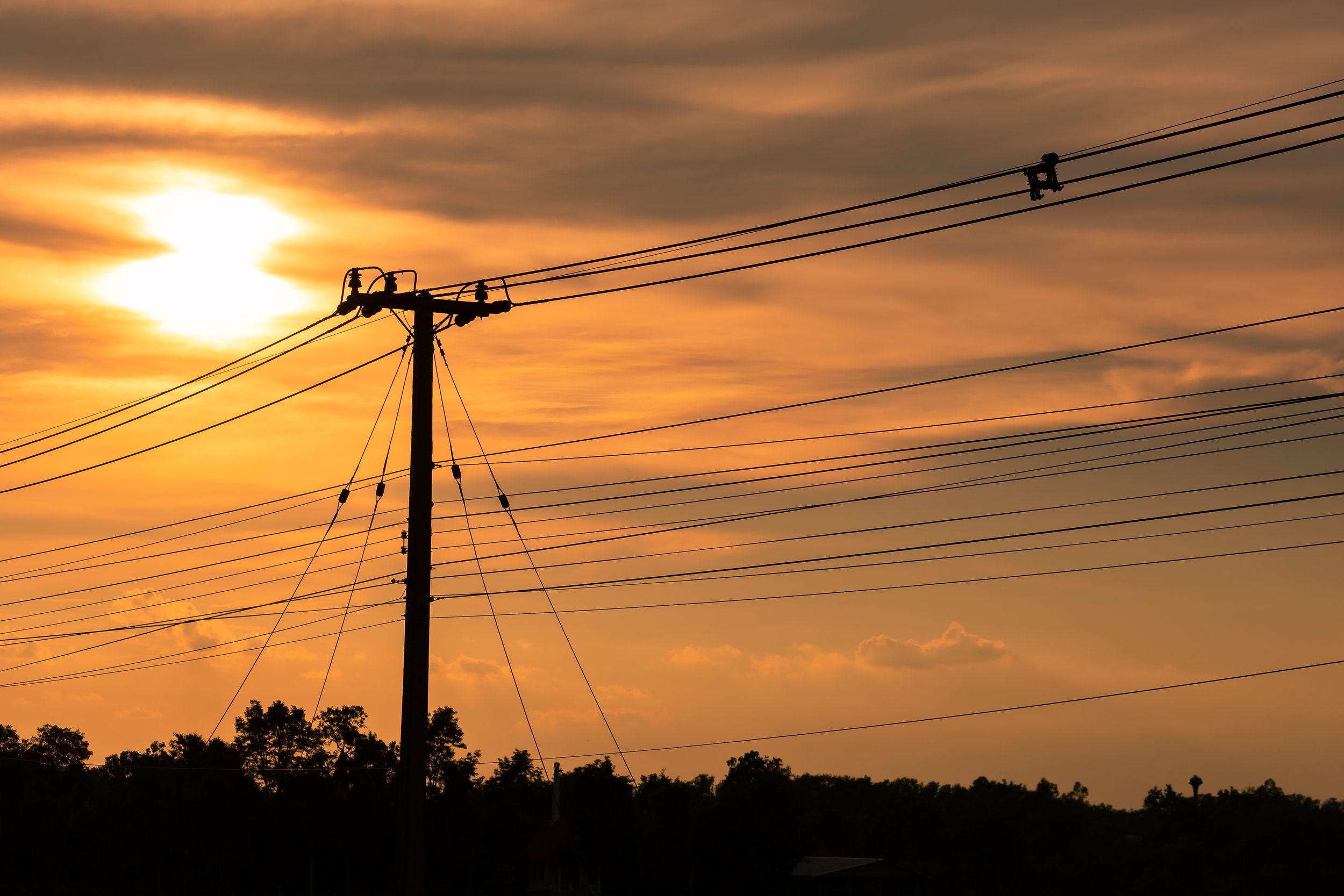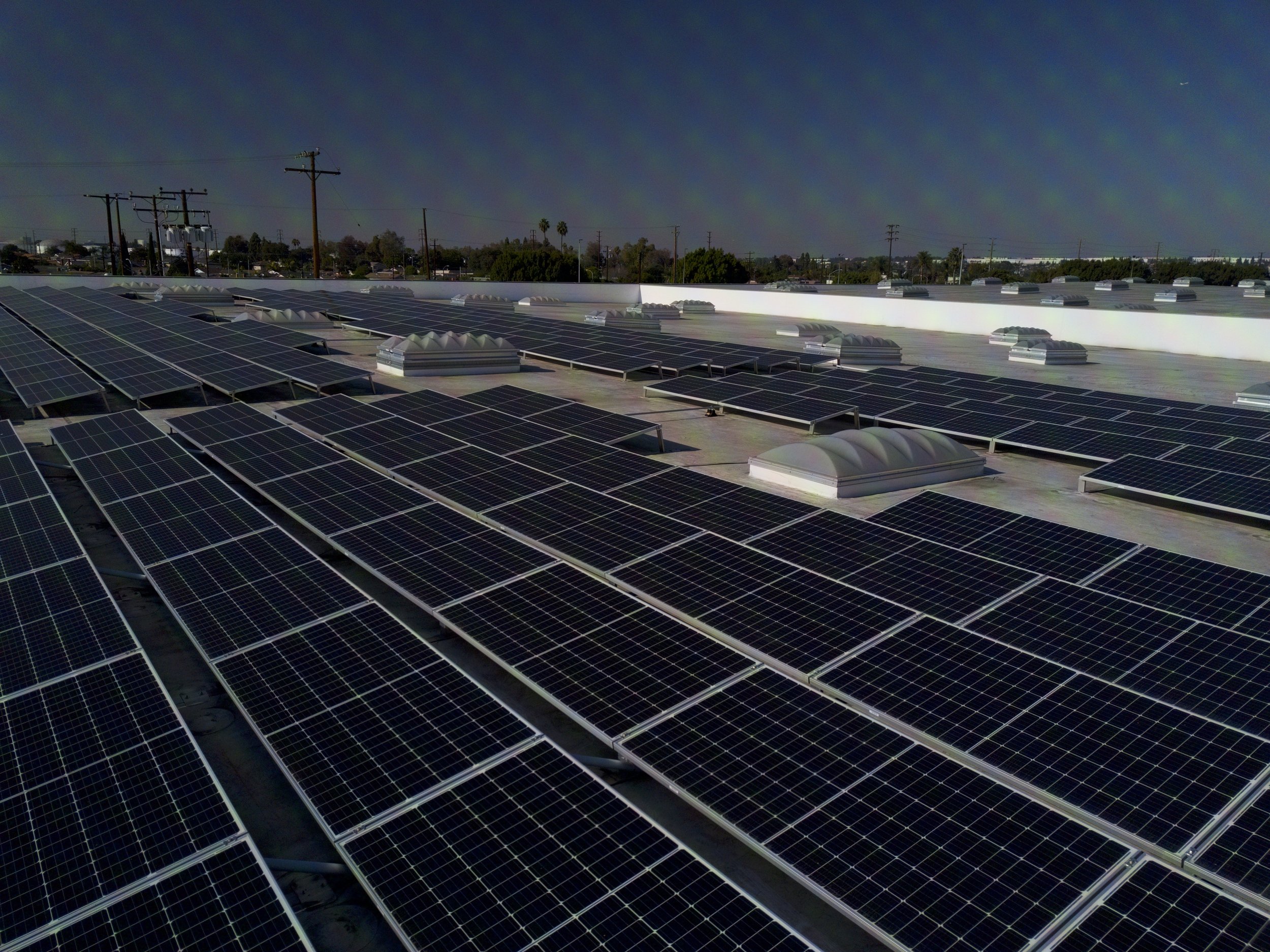
Battery Energy Storage: The Modern Replacement for Backup Generators
Faced with a volatile energy market, an oftentimes unreliable grid, and increasingly strict regulations on emissions, businesses have to navigate a maze of challenges. Battery energy storage is the modern replacement for (or supplement to) generators, offering the same backup reliability, with added cost savings and flicker-free power.

Power Purchase Agreements As A Strategic Financial Lever for Real Estate Owner-Operators
Power Purchase Agreements (PPAs) can serve as a strategic financial mechanism for Real Estate Investment Trusts to achieve a variety of goals in tandem, offering a pathway to leverage tax credit incentives and enhance profitability, despite not directly receiving the electricity generated by these agreements.

Fleet Electrification and Renewable Energy Assets: Navigating California’s SCAQMD Rule 2305
The California South Coast Air Quality Management District (SCAQMD) has introduced Rule 2305, which requires that logistics operations offset their trucking activity with a variety of clean energy, fleet electrification, and payment options.

How Microgrids Mitigate Grid Pains and Enhance Resiliency
Microgrids are proving to be major assets in achieving sustainable energy goals, while also providing immediate solutions to customer pains traditionally associated with utility reliance. Supported by financial incentives and modern technology, microgrids are an effective approach to establishing energy resiliency.

CHP, the ITC, and “Safe Harboring” Your Project
Under the IRA, CHP systems can now qualify for the ITC, which can cover up to 50% of the project cost. However, business owners will have to act now to ensure their project gets moving before 2025, and is “safe harbored” to qualify for the full ITC incentive.

Bullseye: Nailing Prevailing Wage Requirements
The Inflation Reduction Act opened up more than $300 billion for clean energy investments, but to leverage all the money available to clean energy projects, developers will have to meet certain prevailing wage and apprenticeship requirements. Plus, a new Assembly Bill in California means that if a clean energy project doesn’t meet both the prevailing wage and apprenticeship requirements, it doesn’t qualify for net metering. Meeting those requirements can be complicated, so it’s important to pick the right partner.

Why Does Solar Take So Long?
Commercial solar makes up more than 14% of all solar capacity in the United States - and it’s growing. More than half of that capacity was installed in just the past two years, and industry estimates predict commercial capacity will double again in the next three years. All this solar traffic means solar projects are taking longer and longer to get approved, permitted, and interconnected. Because of these macro forces, NOW is the best time to go solar and reap the full benefits of renewable, affordable solar energy.

24/7 Manufacturing in Southern California
A plastic manufacturer based in Oxnard, California turned to Bryan360 Renewables to help it reduce costs and improve its sustainability measures. Bryan360 Renewables designed a holistic energy solution comprising two rooftop solar arrays, a combined heat and power (CHP) plant, and two absorption chillers. These systems will work in harmony to significantly lower costs, increase efficiency, and reduce carbon emissions.

ESG: Environmental, Social, and Governance as a guide for smarter, more sustainable business operations
ESG stands for Environmental, Social, and Governance, and is essentially a set of practices businesses can implement to navigate the uncertainties of today’s economy. Doing so can lessen a business’s impact on the environment, improve employee wellbeing, and cut operation costs. As an integrated energy solutions provider, we have a lot of thoughts on what the E in ESG means for businesses.

The Revolution Will Be Incentivized: How The IRA Is Boosting Solar, Storage, and EV Adoption

The Pursuit of Net Zero: How Businesses Can Find Both Economic and Environmental Benefits in Emissions Reductions
Minimizing the carbon impact of all of your business operations is a complicated and ambitious task, but is truly necessary in today’s climate and economy. By reducing their emissions to achieve Net Zero, businesses can see both economic and environmental benefits.

Electrification in Logistics: Plan for Success with Bryan360 Renewables
As the national economy decarbonizes, and emissions regulations and outright vehicle bans go into effect, logistics operations will have to electrify their fleets. Despite the upfront costs, electrification is still the smartest long-term strategy. Promise offers tailored electrification strategies to ease the transition and help companies stay competitive.

Holistic Energy Efficiency: Fleet Electrification
As the single largest source of carbon emissions in the United States, the transportation sector accounted for 1.7 billion metric tons of CO2 in 2021. Across the US, states and local governments are incentivizing businesses and individuals alike to either purchase or convert their internal combustion engine vehicles to electric vehicles. Plus, with gas car bans on the horizon, going electric will become a necessity as time goes on. The confluence of these forces and more mean the best time to electrify your fleet is now.

Onsite Energy: A Secret Weapon for Cannabis Growers
Indoor cannabis energy costs can be astronomically high, especially considering rising energy prices, demand charges, and state cannabis taxes. In fact, indoor cannabis operations can spend more than $2,500 in energy costs alone on producing a single kilogram of marijuana. Utilizing a co-generative energy system, like solar + storage, can help growers overcome these costs.

Solar Power For Indoor Cannabis Farms: A Sustainable Solution
The cannabis market could top $57 billion by 2030. Meanwhile, indoor farmers are seeing energy costs of $2,500 per kilogram produced. By mitigating this obvious challenge, growers can see even greater returns on their product. The simple solution: make their cannabis operation independent of the grid with onsite power generation such as solar and CHP paired with battery storage.

Seize the Daylight: The Renewable Revolution is Here
Because of policy momentum and improving economics, this is the first time that investments in ESG, energy efficiency, and renewables simply make sense. To survive and grow in today’s economy, leaders must have the vision to implement sustainable business practices.

Guard Your Business Against A Recession with Solar & Storage
More and more economists believe the U.S. is headed for a recession sometime early next year. How can you guard your business against the drains that open when a recession hits? Onsite solar and storage.

Standalone Storage Gets in the Game
Previously, a storage system only qualified for the ITC if it was attached to a solar system. Under the IRA, standalone storage systems are eligible for the 30% ITC. Check out this article to find out what this means for your business, and how you can benefit from this new provision.

IRA for Solar, Storage, and CHP
The Inflation Reduction Act is the largest climate investment in U.S. history. This article outlines the IRA’s planned initiatives in solar, energy storage, and energy efficiency - and what that means for your next energy upgrade.

Free up capital and reduce risk with on-bill financing
Stressed out by rising costs? You’re not alone. We explain how you can access savings from energy upgrades without taking on undue risk with on-bill financing.
